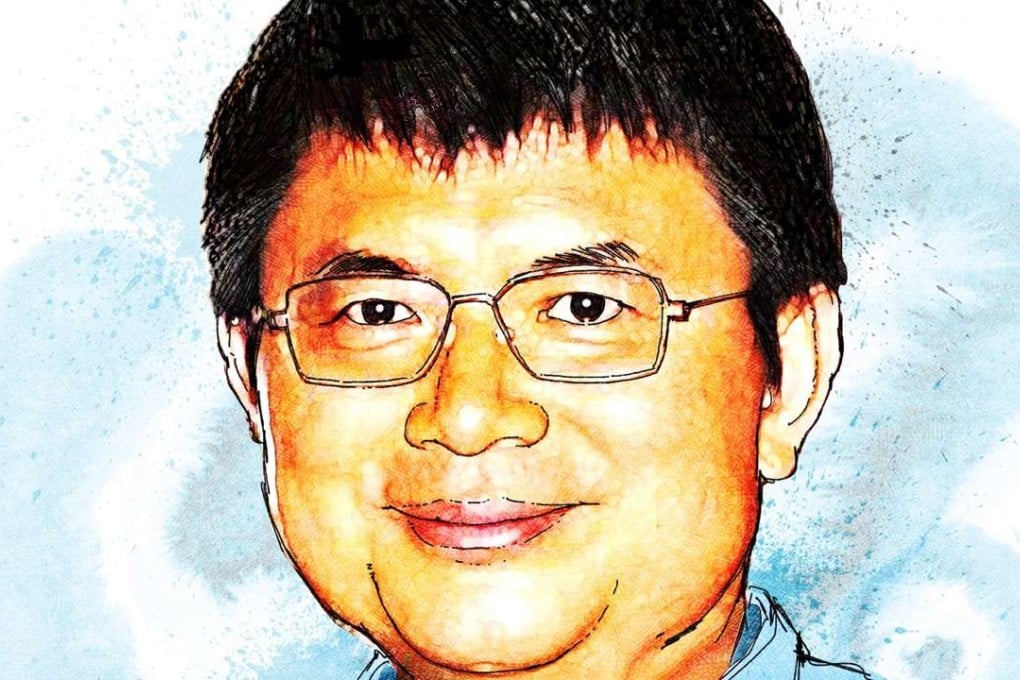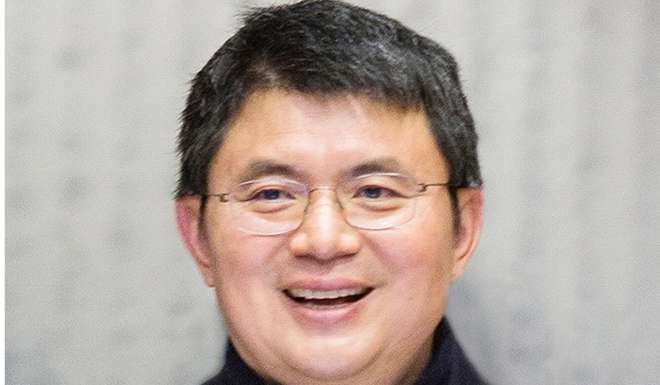Exclusive | Chinese tycoon ‘in contact’ with family and business after vanishing from Hong Kong
Sources say Xiao Jianhua crossed border legally to help mainland authorities in investigations, and Hong Kong police chief rejects speculation he was kidnapped by mainland agents

The Chinese tycoon who vanished from the Four Seasons Hotel in Hong Kong last week – and is now believed to be on the mainland assisting several investigations – is in contact with his family and business, sources have told the Post.
They said Xiao Jianhua entered the mainland via normal border control procedures. And Hong Kong’s police chief also rejected speculation that the founder of the Tomorrow Group was kidnapped by mainland agents, saying there was no such evidence.
The sources said Xiao had been negotiating with mainland authorities about returning to help with investigations, including ones covering bribery and stock market manipulation.
Xiao was said to be allowed to contact his family and was able to direct his company’s business through close associates, as the authorities wanted to contain the impact of the case on financial markets. Xiao directly or indirectly controls dozens of financial and insurance firms.

Four visitors from the mainland met Xiao in Hong Kong on January 27 at a prearranged rendezvous, said the sources, who asked to remain anonymous. He had been friends with two of them for years, and the other two were “negotiators” he did not know, they said.